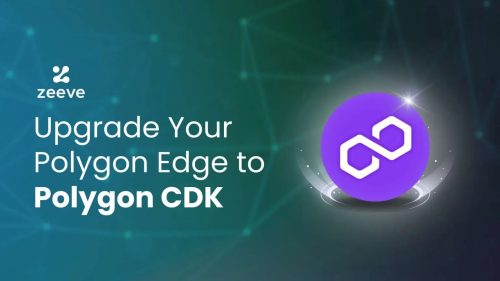
Manage your Polygon Edge Networks or migrate to Polygon CDK with Zeeve
Polygon blockchain’s landscape is ever-evolving to provide a more feasible and future-focused ecosystem for dApps. Speaking about recent changes, Polygon has stopped working on Polygon Edge Network, and they will focus entirely on Polygon CDK for application-specific blockchains.
With no official support from Polygon, projects that are running on Edge might face challenges related to management and upgrading their network infrastructure. While an alternate option is to migrate to Polygon CDK, not every project necessarily wants to do this because Edge fulfills their requirement well.
So, if you want to manage your existing Polygon Edge network, you can do that easily with Zeeve. Also, Zeeve will offer complete support for migrating your network from Edge to CDK. This article provides you with detailed insights into how you can manage Polygon Edge networks with Zeeve and why you should consider migrating from Edge to Polygon CDK.
What kind of solutions might enterprises be running on Polygon Edge?
Polygon Edge is ideal for a range of projects, from DeFi to gaming, government, supplychain, NFTs, and institutional applications. The benefits it offers are higher performance and response time than regular EVM chains, customization throughout to cater to the needs of specific use cases, customization of every aspect of appchain networks, a high level of scalability, and more.

If your project’s needs align with all the benefits that Edge offers, continuing with its ecosystem can be a viable option with respect to cost and infrastructure management. However, if you seek upgrades and a high level of customization in your network, such as adding zk-proof technology, achieving EVM-equivalency, using validium, or adding massive throughput— you can migrate to Polygon CDK. This might increase your infrastructure cost by a certain margin, but you can leverage CDK-specific benefits.
Manage your existing Polygon Edge Networks with Zeeve
While Polygon aims to encourage projects to build with Polygon CDK, many projects may want to continue their project on the Polygon Edge network. For them, Zeeve offers end-to-end Polygon Edge network management and scaling services, enabling your dApps to run smoothly with no downtime or technical issues.
Following is a brief overview of the service through which Zeeve provides continued support for managing your existing Polygon Edge networks:
Observability:
1. Monitoring panels– Zeeve’s management allows you to get complete visibility of your Edge network as it captures vital system and blockchain metrics to maintain uptime & performance. For example, CPU, memory usage, disk consumption, network io, etc.
2.Complete visibility of nodes & networks– See how your network is performing. Check block count, transaction queue, RPC failures, health checks, block latency, etc., to ensure your network functions as expected, and no performance-related issue can occur at any time.
3.Real-time Alerts– Zeeve sends alert notifications to customers on various channels if there’s some out-of-balance in the network setup. For example, if your node’s CPU is occupied too much, above 80-90 percent, or your block count is not updating, RPC failures are happening, or latency is high. In all instances, you will be notified through real-time alerts published on emails, in-app notifications, communication channels like Slack & Microsoft Teams, and also on Zeeve’s mobile app, supported on iOS and Android devices.
4.Loggings: You can view all the logs of your running Edge network at all times on Zeeve’s monitoring panels.
Hosting and scaling:
Zeeve allows you to easily scale both the resources and the number of nodes required for your Edge network’s setup. Whether it is for your own share or for your partner to join the consortium, Zeeve can host nodes to manage all your requirements.
Also, Zeeve supports both kinds of capabilities for cloud support— BYOC or the ‘bring your own cloud’ option and Zeeve-managed cloud where you don’t need to set up or manage your own cloud infrastructure.
Hosting and scaling of blockchain networks at Zeeve is enabled through a cost-optimized, production-grade setup, which will allow you to cut down your existing Polygon Edge network management cost significantly, with no impact on quality of service.
Infrastructure maintenance and support:
Zeeve offers continued maintenance on your Polygon Edge network. If anything goes wrong at the infrastructure or blockchain level, our team of blockchain experts can jump in and solve the issue immediately.
Enterprise-grade SLA support:
All your Polygon Edge network with Zeeve will be managed with a significant focus on uptime and performance achieved through a strict enterprise-grade SLA of up to 99.95%.
Offering additional tools:
With Zeeve, you do not need to worry about organizing additional tools and components like white-labeled explorers, cross-chain bridges, testnet faucets, wallets, data indexes, etc. Everything will be provided and managed on Zeeve’s end.
Another good option could be upgrading your Edge to Polygon CDK. Here’s why
As we know that Polygon Labs no longer supports Polygon Edge-based projects, another great option for dApps is to upgrade to Polgyon CDK. A range of projects like Flipkart, Immutable, OKX, Astar, Canto, Gnosis Pay, Palm Network, Aavegotchi, CapX, Wirex, IDEX, Nubank, GameSwift, Powerloom, and Manta Network are already leveraging CDK ecosystem.
If you are planning to migrate from Edge to Polygon CDK, go through some of the highlighted benefits of Polygon CDK over Polygon Edge, which will help you understand whether you want to upgrade or continue with Edge:
- Ease of adding Massive scalability with Zk-rollups:
As we know, Polygon Edge utilizes Polygon’s native layer-2 solution for off-chain transaction processing, enabling higher throughput. Polygon CDK does this same process but differently and more securely. L2/L3 chains built with Polygon CDK are powered with Zk-proof technology, where transactions are computed off-chain, data is processed, and only proofs are submitted on Layer-1. This approach unlocks benefits like massive scalability, near-instant finality, and unparalleled ZK security.
- No need to bootstrap a reliable validator set:
As discussed, Polygon Edge allows for the development of EVM-compatible sidechains, which are responsible for maintaining their own validator sets for the purpose of verifying their chain-specific transactions. However, Edge has sequencers that can act the same as validators on Layer-1. On the other hand, Polygon CDK allows for the development of standalone ZK-powered chains that continue to inherit security from the underlying L1 chain– for example, Ethereum or Polygon.
- Support for highly modular and customizable ZK-powered L2/L3:
Polygon CDK adds a lot of next-level capabilities over Edge, offering a highly modular and fully customizable Zk-powered ecosystem for launching L2/L3 chains that are designed according to the specific requirements of dApps. For example, your dApp can choose rollup or valdium mode, use a third-party centralized or decentralized sequencer, integrate any data availability solutions, and launch its own native gas token. Also, projects can adjust the TPS capability of their chain or can even offer gasless transactions. Other customization options include configuration of the time of posting ZK proofs on layer-1, gas tokens, consensus, etc.
- Solution for isolated liquidity and interoperability:
All the Polygon CDK chains benefit from a unified pool of liquidity created due to seamless interoperability between CDK-based rollup chains. This interoperability is facilitated through a built-in LXLY bridge. This means that CDK chains can tap into the liquidity of all the other CDK chains, public chains like Polygon PoS and Polygon zkEVM chains, plus they have the option of one-click access to the entire liquidity of Ethereum. Note that this feature is not natively supported on Polygon Edge but can be enabled through considerable integrations and modifications.
- Off-chain data availability with ‘Validiums’:
L2/L3 rollup chains built with Polygon CDK can be built as CDK validium for offering off-chain data availability via any local option or DA node + DAC. With validium, chains get a dedicated off-chain infrastructure to process and verify data. Once verified, only the hashes are published to L1, which increases the throughput capacity dramatically.
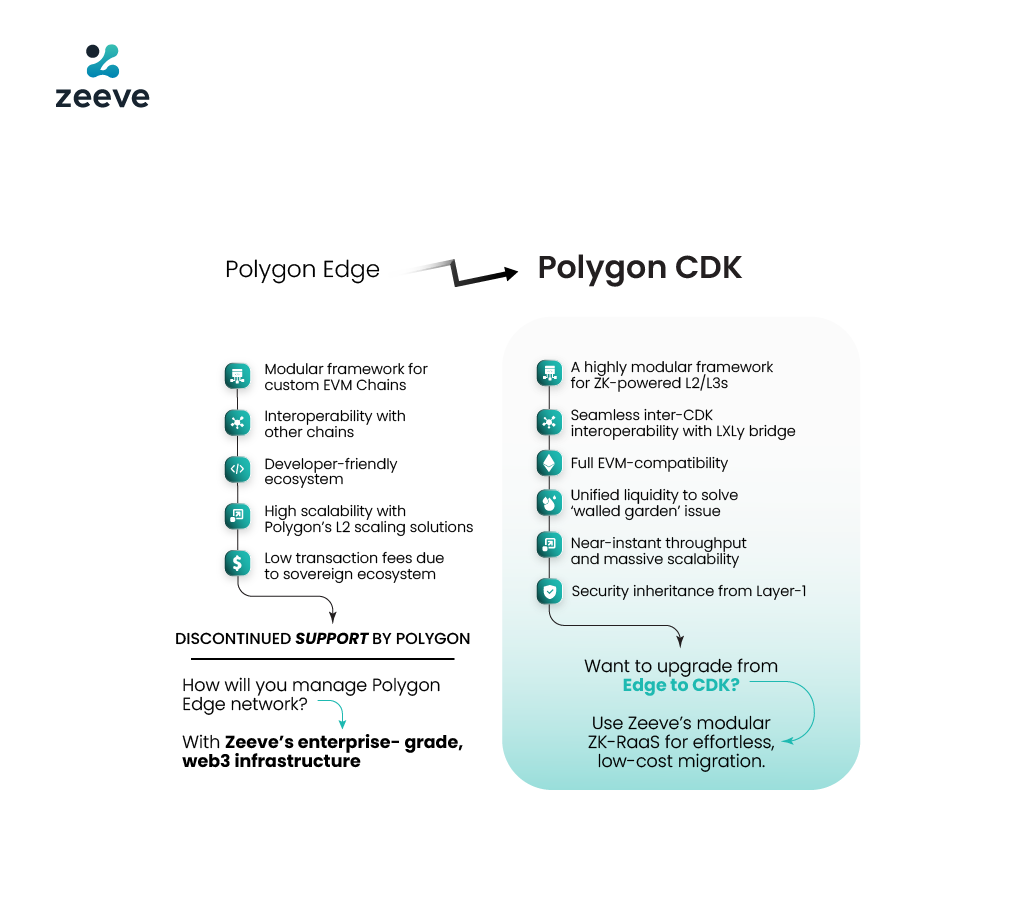
How can Zeeve help launch Polygon CDK?
Zeeve offers a modular zkRaas stack for seamless deployment of Polygon CDK chains on its low-cost, highly scalable, enterprise-grade infrastructure. If you want to build a Polygon CDK chain from scratch, use our Polygon CDK Sandbox– a one-click CDK chain deployment tool to launch smart contract and sovereign rollup chains seamlessly for high performance and minimum turnaround time.
For example, you can choose any third-party data availability layer from providers like Celestia and Avail, an account abstraction layer from Biconomy, Halliday, etc, a decentralized sequencer from Espresso, and a lot more– depending on your chain-specific requirements. Or else, you can launch rollups simply with default customization options provided on CDK Sandbox.
Further, if you want to migrate from any existing network to Polygon CDK migration, Zeeve will ensure effortless migration assistance with no downtime or impact on performance. Only the underlying infrastructure will be migrated seamlessly.
Wrapping up!
Polygon Edge Network management or Polygon CDK migration– the choice depends entirely on your project’s needs. For both of your requirements, Zeeve is ready to assist. We have already discussed how Zeeve’s service will benefit you. If you want more information on how Zeeve simplifies Polygon Edge network management or Edge to Polygon CDK migration, feel free to connect with our experts. You can drop your queries via mail on this page or schedule a one-on-one call for a detailed discussion.


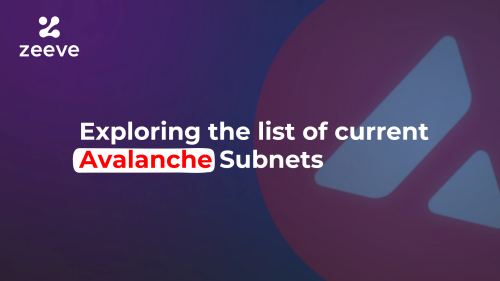
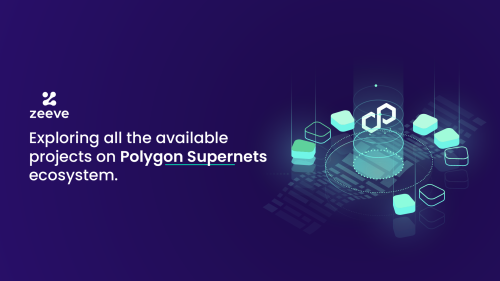
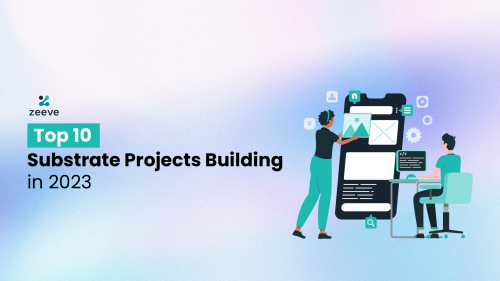
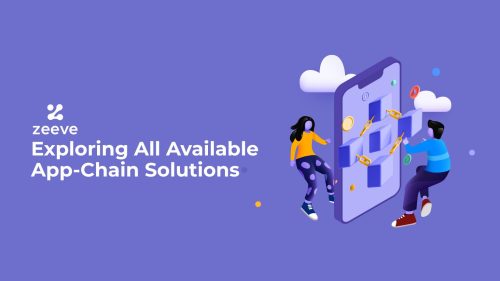
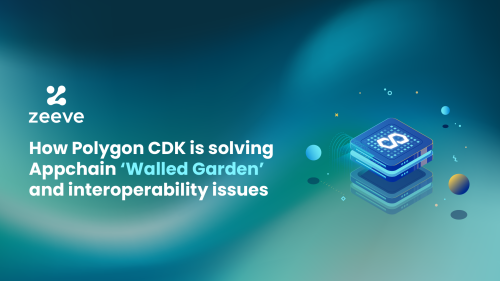
Responses